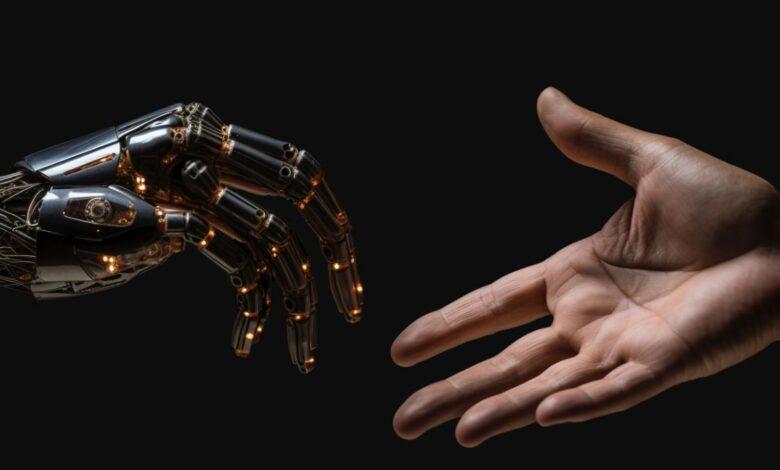The use of AI kills critical thinking skills: Microsoft research

A study by Microsoft and Carnegie Mellon University found that overreliance on artificial intelligence (AI) can negatively impact critical thinking skills. this especially applies to workers engaged in intellectual work. About this informs American Faith.
More than 300 specialists who regularly perform analytical tasks and solve problems participated in the study. Scientists have found that automation with AI can lead to “deterioration of cognitive abilities that are worth maintaining”.
Researchers explain that when AI takes over routine processes, leaving only exceptional situations to humans, users gradually lose the opportunity to regularly practice analytical thinking. This, in turn, reduces their ability to make independent decisions in difficult conditions.
“A key problem with automation is that the mechanization of routine tasks deprives users of the opportunity to regularly exercise judgment and develop cognitive resilience. As a result, they become less equipped to handle exceptional cases,” – it is noted in the study.
As part of the experiment, more than 900 real examples of the use of AI in work processes were collected. The results showed that workers who unconditionally trusted the AI’s accuracy showed a significant decrease in critical thinking. In contrast, those who were skeptical of technology retained more developed analytical skills and the ability to solve problems independently.
This trend can be seen in other areas as well, such as the use of autonomous cars or trust in news generated by artificial intelligence. Long-term reliance on AI could have negative consequences for people’s ability to think for themselves, researchers warn.
One possible solution is training programs that encourage workers to critically evaluate the results obtained with AI, as well as initiatives to support problem-solving skills. The researchers also recommend the development of corporate rules for the use of AI, which would establish its role as an auxiliary tool, and not a replacement for human intelligence.





